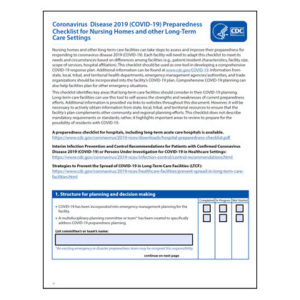The controversy over an independent living facility’s CPR policy
A couple of weeks ago I read a newspaper article about a California independent living facility's treatment of an 87-year-old female resident who had collapsed in the dining room. Although 911 was called, when the operator requested that CPR be performed on the ailing resident, a nurse refused stating it was against facility policy.
The 911 operator was aghast that a nurse would refuse to give CPR to a resident. So she asked if a visitor or passerby could start CPR while she coached. But the nurse declined the operator’s offer.
The New York Times’ "New Old Age” blog has followed up on its coverage of this incident revealing that independent living facilities, unlike assisted living facilities, are not licensed by the state, and do not provide certified medical care.
Even though CPR may not be done at this California facility because of liability issues, the state’s Good Samaritan Law would have protected anyone who had given the ailing resident CPR.
It is common practice for independent living facilities to call 911 when a resident falls ill or when CPR becomes necessary.
The woman passed away before she arrived at the ER. It is not known if doing CPR sooner would have saved her life. Her death certificate gives the cause of death as a stroke. The local fire department said the female resident did not have a DNR (do not resuscitate) order.
The woman's family has no plans to sue the facility. They knew the facility did not have certified healthcare staff when their mother went to live there and were aware the no CPR policy. If it became necessary, they did not want artificial means used to keep their mother alive.
The nurse in question has gone on voluntary leave. The administrator is reviewing its policies, but he says they were legally correct in what they did.
There was public outrage over this incident because the average person does not know how independent living facilities and other long-term facilities handle resuscitation issues. Most were upset that no one was human enough to give CPR to the ailing resident.
As a resident who was a DNR for a while, I now am a Full Code. I have been told that I will just be resuscitation practice for someone someday and I do not have a problem with that.
I Advance Senior Care is the industry-leading source for practical, in-depth, business-building, and resident care information for owners, executives, administrators, and directors of nursing at assisted living communities, skilled nursing facilities, post-acute facilities, and continuing care retirement communities. The I Advance Senior Care editorial team and industry experts provide market analysis, strategic direction, policy commentary, clinical best-practices, business management, and technology breakthroughs.
I Advance Senior Care is part of the Institute for the Advancement of Senior Care and published by Plain-English Health Care.
Related Articles
Topics: Clinical , Risk Management











